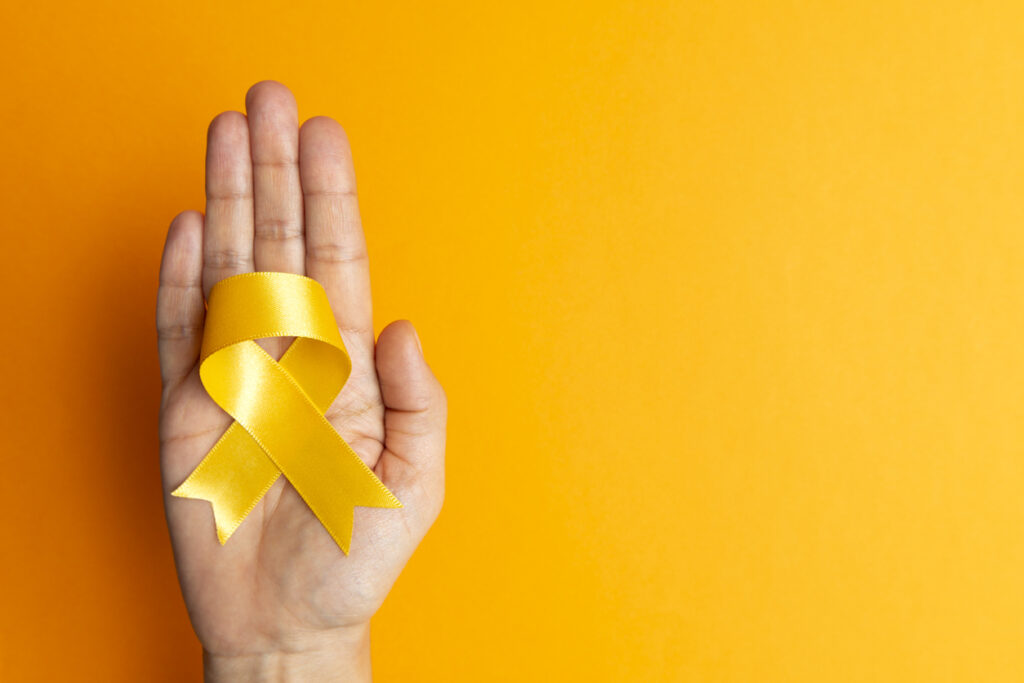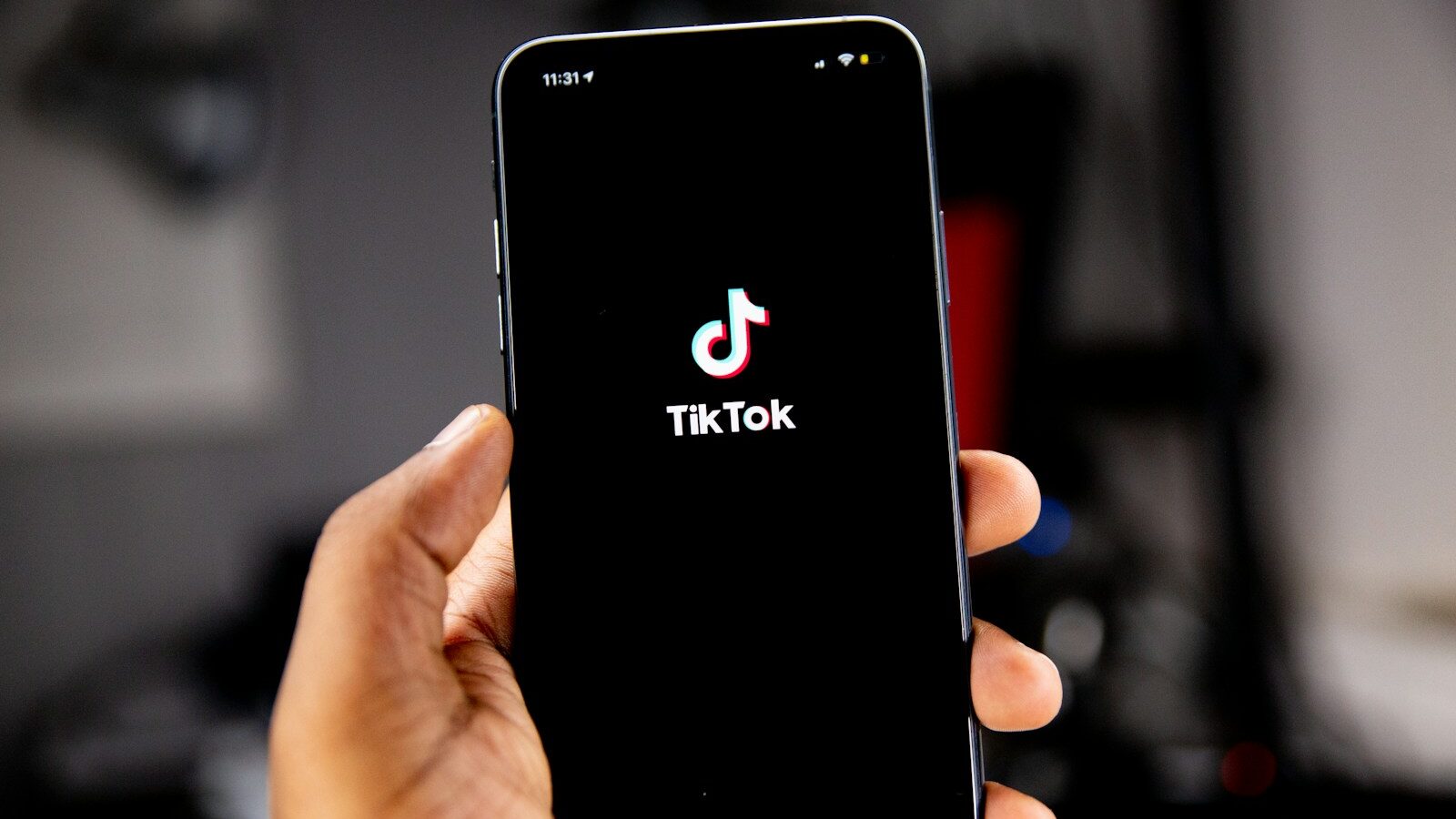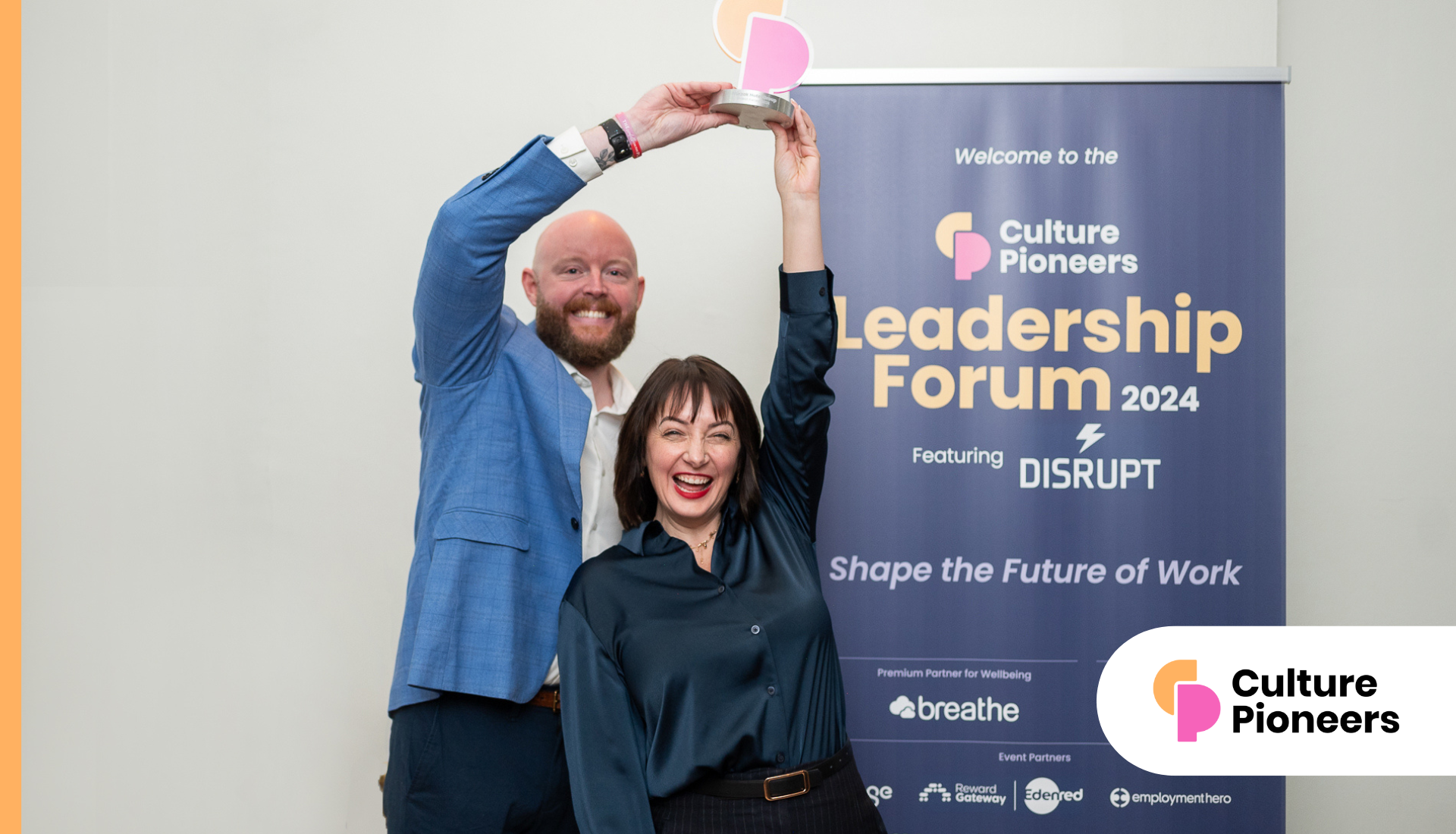Suicide can be prevented with timely, evidence-based and often low-cost interventions. The tragedy of suicide is difficult to comprehend, with mental health having a huge stigma in so many countries.
Working together to spread awareness
Every year organisations and communities around the world come together to raise awareness of how we can create a world where fewer people die by suicide. Globally, the 10th of September is recognised as World Suicide Prevention Day (WSPD). The International Association for Suicide Prevention (IASP) collaborates with the World Health Organisation (WHO) and the World Federation for Mental Health to host World Suicide Prevention Day.
In a climate of rising suicide rates, people, professionals and employees alike should be able to spot the warning signs and start a conversation
In conjunction with WSPD, in the UK, Samaritans Suicide Prevention Day (SSPD) is observed on the 10th of September, whilst in Australia, we observe R U OK? Day on the second Thursday in September each year, as well as WSPD on the 10th. The focus of R U OK? is to empower people to meaningfully connect and lend support to those who are struggling, whether this is colleagues, family members or friends.
These various awareness days are a crucial reminder for HR professionals that the mental health of employees should be a top priority for businesses today. In a climate of rising suicide rates, people professionals and employees alike should be able to spot the warning signs and start a conversation.
Worrying statistics
It is estimated by the World Health Organisation (WHO) that more than 700,000 people die due to suicide and almost 80 per cent of all global suicides occur in low and middle-income countries (LMICs). Suicide rates are high amongst vulnerable groups who experience discrimination, such as refugees and migrants, indigenous people, the lesbian, gay, bisexual, transgender, intersex and questioning (LGBTIQ) community, and prisoners.
The suicide rate for females under 25 has increased by 93.8 per cent since 2012 to the highest level in 2019
According to the Samaritans 2019 data, there were 5,691 suicides in England and Wales in 2019, which was up by 321 deaths from 2018. Men ages 45 – 49 and women ages 50 – 54 had the highest suicide rates in England and Wales in 2019. Worryingly, the rate for females under 25 has increased by 93.8 per cent since 2012 to the highest level in 2019.
Research from R U OK in Australia in 2019 also suggests that we struggle to spot the warning signs of suicide. Approximately 63 per cent of people are not confident they know the signs that someone might be struggling with life, and 49 per cent of people believe that they’d be more confident starting a conversation if they knew the signs.
The theme of SSPD for 2021 to 2023 is Creating Hope Through Action, aiming to empower people with the confidence to engage with the complexity of ‘hope’, and the theme of R U OK? Day this year is ‘Are they really OK? Ask them today’. These two themes highlight the importance of how taking action and checking in on your colleagues and others around you can create hope.
Spotting the warning signs
Signs that employees might be struggling can be difficult to spot. The first step is noticing that there have been behavioural or physical changes which have deviated from the norm. This can be as simple as noticing them withdrawing from their peers, a change in maintenance of personal hygiene, anger, or alcohol and drug abuse.
Being able to talk to someone who is struggling with their mental health, and those having suicidal thoughts is so important
It is useful to have a list of warning signs available for staff to refer to. Once you’ve noticed this change, it’s important to have a conversation with them, or ask someone who has better rapport with them to have one.
Having a conversation, educating your team and sharing experiences
Being able to talk to someone who is struggling with their mental health, and those having suicidal thoughts is so important. A conversation can change a life, and investing the time in your personal and professional relationships will help you to identify more readily if someone in your life is struggling and needs support.
R U OK has some excellent tips and advice on how to approach someone who is struggling, enabling people to have those difficult discussions.
[cm_form form_id=’cm_65a14c3f5da64′]
It is important to decide whether you’re ready to start a meaningful conversation, and ensure that you are ready and prepared for an answer that may be difficult to comprehend and have picked a good time to talk to the other person.
Focusing on asking people to share their experiences of what they can do to help them feel hopeful when going through a difficult time can be important and provide others with tools they too can use.
Examples of this include:
-
Going for a walk along the beach
-
Grabbing a coffee with a friend
-
Spending some time with loved ones
-
Going to the gym and having a great training session
You never know what someone is going through behind closed doors
Being able to compile a list of experiences that you can draw down onto when experiencing bad mental health will help you to be able to provide suggestions to others who may be struggling. To assist with this, the Samaritans have created these useful resources which are available on the 10th of September. Included in this are activities, tips and a playlist to help boost your mood. They will also be actively posting resources across their social media channels to help spread awareness.
Where to find support
Around the world, there are a number of organisations who provide support to people who are experiencing suicidal thoughts. Below are useful links for both the UK and Republic of Ireland, and Australia.
Just remember, always be kind. You never know what someone is going through behind closed doors.
UK & Republic of Ireland
-
Lifeline (N.Ireland) – Tel: 0808 808 8000
-
National Suicide Helpline UK – Tel: 0800 689 5652
-
Samaritans UK & Ireland – Tel: 116 123
-
SANE – Tel: 0300 304 7000
-
SupportLine UK – 01708 765200
Australia
-
Beyond Blue – Tel: 1300 22 4636
-
Black Dog Institute – Tel:
-
Kids Help Line – Tel: 1800 55 1800
-
Lifeline – Tel: 13 11 14
-
Suicide Call Back Service – Tel: 1300 659 467
-
Suicide Prevention Australia – Tel: 02 9262 1130









One Response
In my honest opinion, the
In my honest opinion, the increasing suicide rate is highly connected to the internet, specifically Social Media, and online games, especially the critical state of suicides of females under 25. It is really easy for anyone to bully people via platforms like Facebook / Instagram, and women are often the targets. People have so many ways of getting away with it despite the fact the platforms themselves try to eliminate it. That is especially bad in online games like League of Legends – one of the most toxic communities seen in online games – where players not only don’t get reported for verbal abuse, but even if they do, they buy on websites like and just get a new account – not to experience a fresh start in the game, but to go ahead and abuse others again.